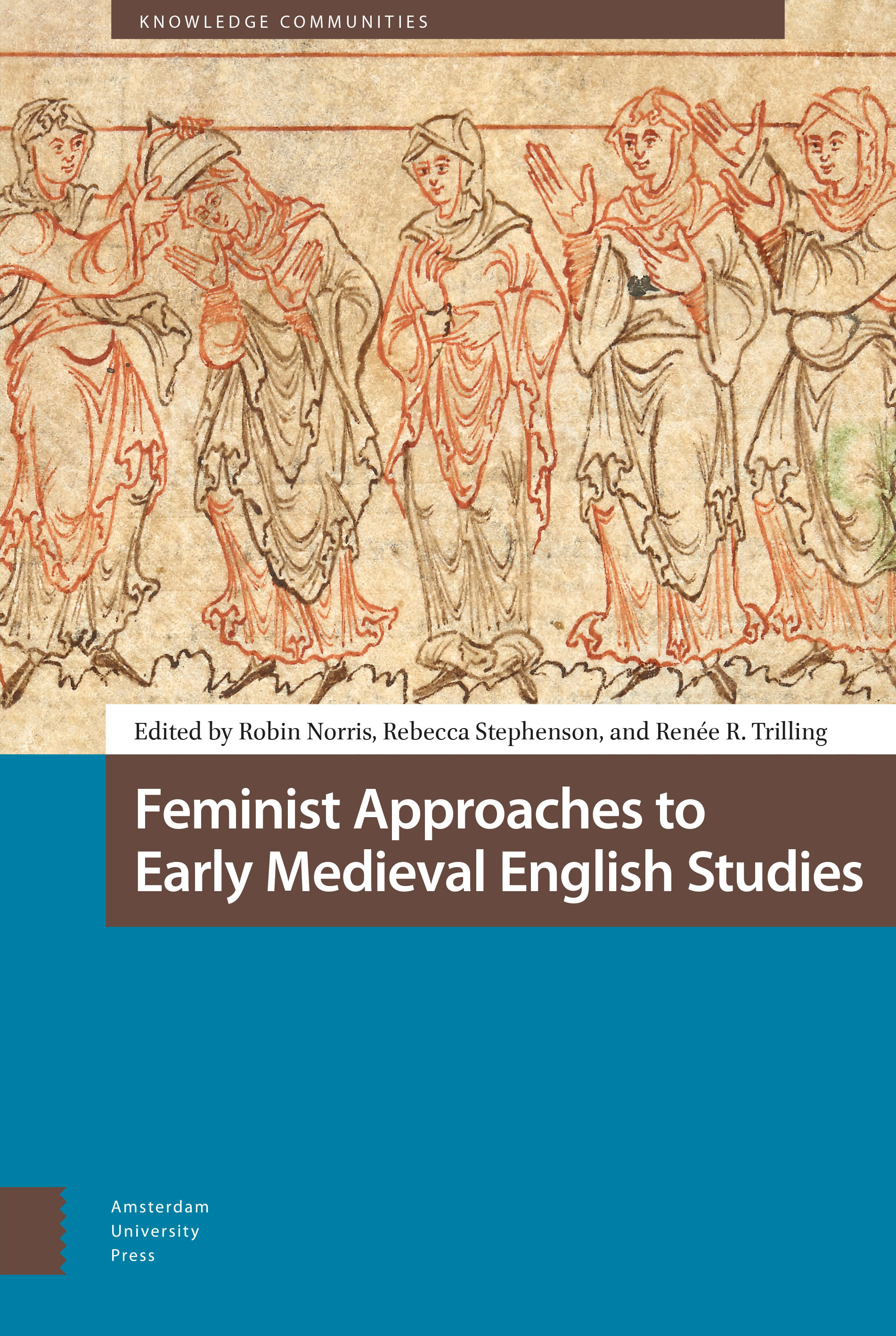3 - Remembering the Lady of Mercia
Published online by Cambridge University Press: 19 April 2023
Summary
Abstract
Æthelflæd, known to contemporaries as Lady of the Mercians,was a significant political power in early medieval England. She workedclosely with her brother, King Edward the Elder, to secure and expandterritorial authority, most prominently through the construction andmaintenance of fortified boroughs. In later historical writing, however,Æthelflæd has been figured as both an anomaly and casualtyof history, one unjustly excluded from official records. Since the earlytwelfth century, writers have issued charged pleas to rememberÆthelflæd, recirculating key primary and secondarysources, and commenting and elaborating upon those materials. Withinthis ongoing tradition of protest and commemoration,Æthelflæd has long provided a flexible focal point forchallenging assumptions and categories of gender.
Keywords: Æthelflæd, chronicles,historiography, virago, medievalism
On June 12, 2018, BBC News published an online article with the provocativelede, “How does a ruler defeat bloodthirsty invaders, secure akingdom and lay the foundations for England—and then almost getwritten out of history? Be a woman, that’s how. Exactly 1,100 yearsafter her death Aethelflaed, Lady of the Mercians, is emerging from theshadows.” Written to observe the 1,100-year anniversary ofÆthelflæd’s death, the piece gives a succinct overviewof her political career in the early tenth century, along with a short videoclip that features street interviews with British citizens, most of whomhave no idea who this “warrior queen” was. The articleexhibits several hallmarks of recent coverage of Æthelflæd inpopular media: she was an singular woman of her time, exceptional for herachievements in a world dominated by men; she was a successful warrior orwar-leader in the fight against the Vikings; she has been nearly forgottenby history; and she is only now beginning to receive the attention shedeserves. These ideas are not new. Indeed, they have been recurrent motifsin representations of Æthelflæd since at least the earlytwelfth century. Writers have long issued pleas to rememberÆthelflæd—through the recirculation of key primary andsecondary sources, the elaboration of those materials, and finally thecreation of new content that then feeds back into the system.
- Type
- Chapter
- Information
- Feminist Approaches to Early Medieval English Studies , pp. 83 - 114Publisher: Amsterdam University PressPrint publication year: 2023



